 Whether you have just arrived a BU to start your research degree or you’ve been here a while and want to refresh your skills and knowledge, the following workshops are available:
Whether you have just arrived a BU to start your research degree or you’ve been here a while and want to refresh your skills and knowledge, the following workshops are available:
Finding Information and Using Researcher Tools (REPEAT)
Outline: The session will include an introduction to advanced searching skills, using citations smartly and analytical tools.
- Date: Wednesday 29 January 2014
- Time: 09:00 – 11:00
IT SKILLS – Word 2010: Structuring your Thesis
Outline: The workshop will provide you with the skills and knowledge required to allow you to structure your thesis (to get the best out of the workshop you must have basic PC skills and be confident using the basic features of Word).
- Date: Monday 3 February 2014
- Time: 14:00 – 16:00
Managing your Citations using Endnote and Endnote Web (REPEAT workshop)
Outline: The session will include an introduction to Endnote and Endnote Web, exporting from databases, Cite While You Write tool
- Date: Wednesday 5 February 2014
- Time: 14:00 – 16:00
IT SKILLs – Excel 2010: Introduction to Essential Features
Outline: This workshop will give an overview of essential features available in Excel. The skills and knowledge you acquire will enable you to use the software efficiently.
- Date: Monday 10 February 2014
- Time: 14:00 – 16:00
IT SKILLS: Powerpoint – Create and enhance your Presentations
Outline: This workshop will cover a wide range of PowerPoint techniques to allow the user to create and run a PowerPoint show using PowerPoint 2010 (to get the best out of the course you must have basic PC skills (ie. be able to use a mouse, keyboard and Windows XP) and be confident using the basic features of PowerPoint
- Date: Monday 17 February 2014
- Time: 14:00 – 16:00
Further information, including how to book your place can be found on myBU (Graduate School PGR Community). Remember you will need to log on with your student username and password!
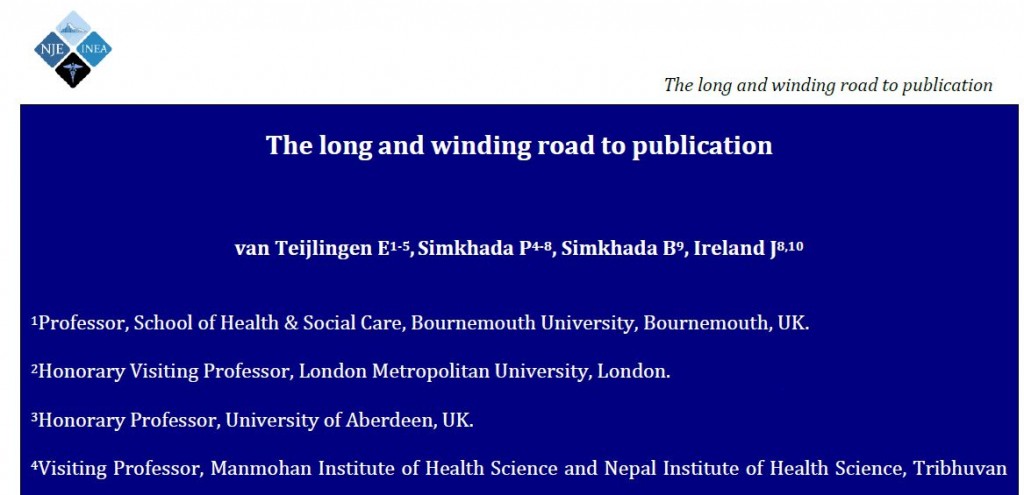
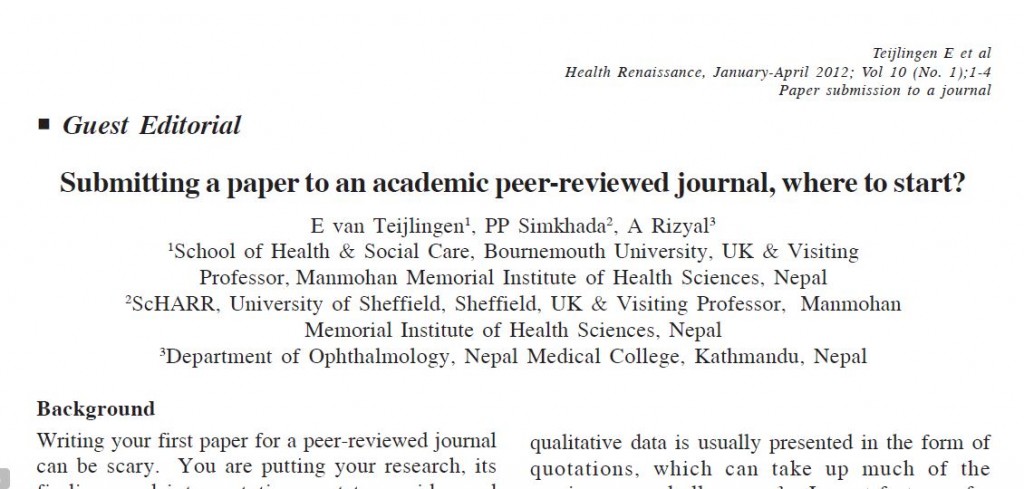
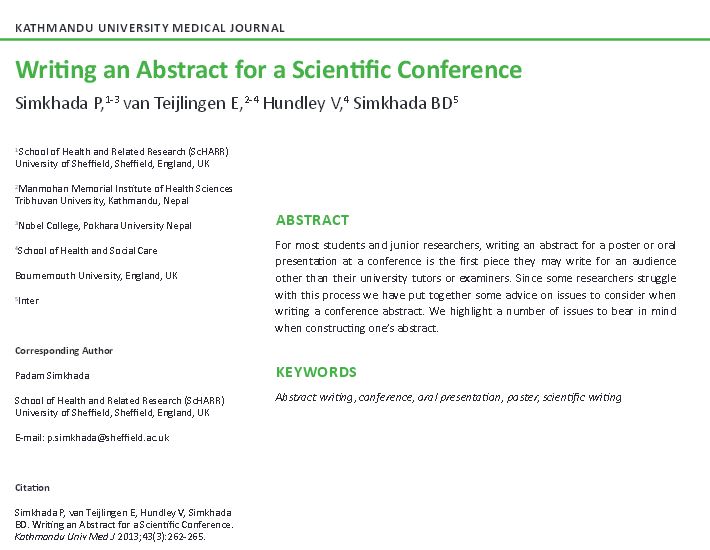
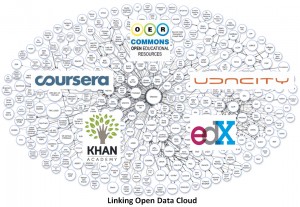
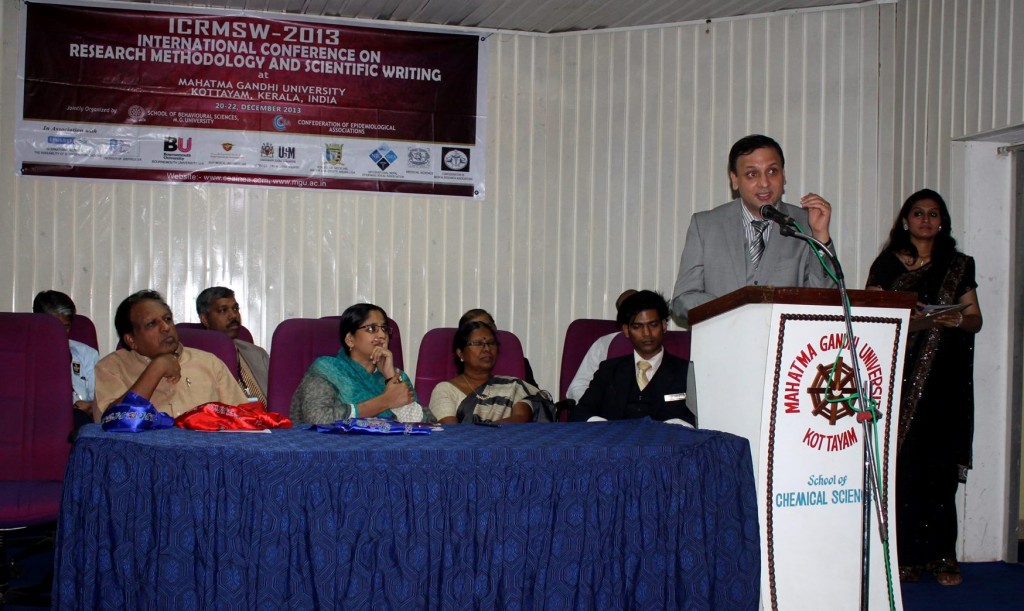
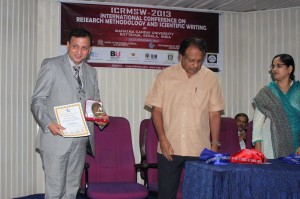

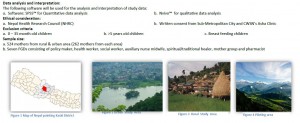
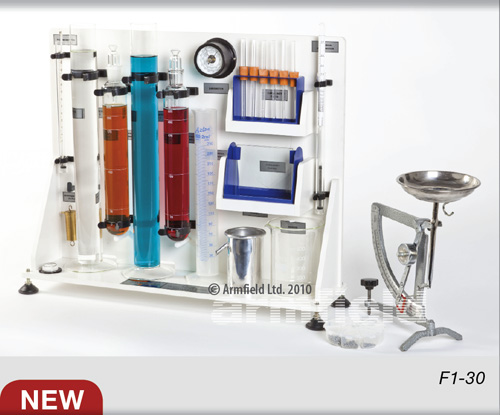

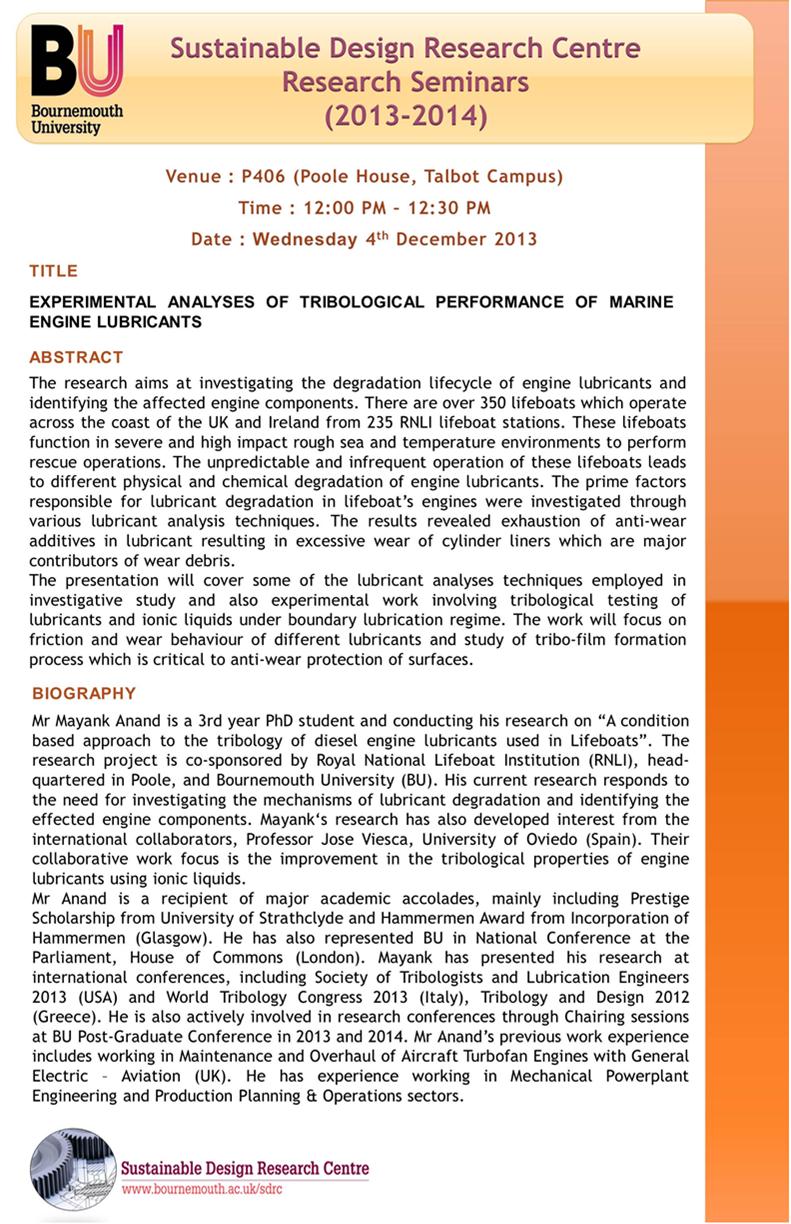
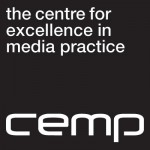



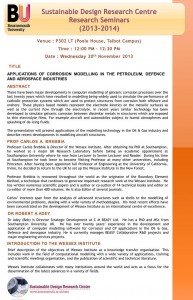












 Beyond Academia: Exploring Career Options for Early Career Researchers – Online Workshop
Beyond Academia: Exploring Career Options for Early Career Researchers – Online Workshop UKCGE Recognised Research Supervision Programme: Deadline Approaching
UKCGE Recognised Research Supervision Programme: Deadline Approaching SPROUT: From Sustainable Research to Sustainable Research Lives
SPROUT: From Sustainable Research to Sustainable Research Lives BRIAN upgrade and new look
BRIAN upgrade and new look Seeing the fruits of your labour in Bangladesh
Seeing the fruits of your labour in Bangladesh ECR Funding Open Call: Research Culture & Community Grant – Apply now
ECR Funding Open Call: Research Culture & Community Grant – Apply now ECR Funding Open Call: Research Culture & Community Grant – Application Deadline Friday 12 December
ECR Funding Open Call: Research Culture & Community Grant – Application Deadline Friday 12 December MSCA Postdoctoral Fellowships 2025 Call
MSCA Postdoctoral Fellowships 2025 Call ERC Advanced Grant 2025 Webinar
ERC Advanced Grant 2025 Webinar Update on UKRO services
Update on UKRO services European research project exploring use of ‘virtual twins’ to better manage metabolic associated fatty liver disease
European research project exploring use of ‘virtual twins’ to better manage metabolic associated fatty liver disease